Latest Posts by nauticastro - Page 6
hey i have a favor to ask from astronomers, can y'all put little krakens on the edges of maps of the observable universe to denote that we don't know what's past that





NASA and SpaceX launch astronauts Robert Behnken and Douglas Hurley to the International Space Station. [May 30th, 2020]
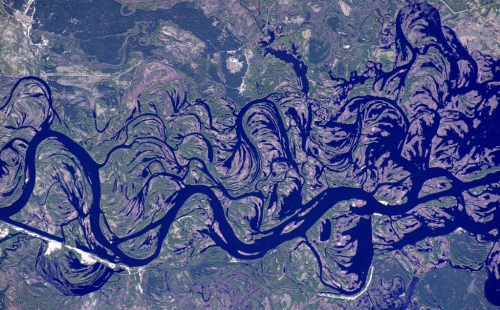
Ukraine’s Pripyat River is Like a Work of Art From Space
aww nasa has a page for space technology terms you can use in science fiction
nerds
hey i have a favor to ask from astronomers, can y'all put little krakens on the edges of maps of the observable universe to denote that we don't know what's past that

COVID project, 864 pieces - if you build it, remember to draw a moustache on one of the minifigs. @lego @europeanspaceagency https://www.instagram.com/p/CADEGq1nmcf/?igshid=1alarfv19ufam
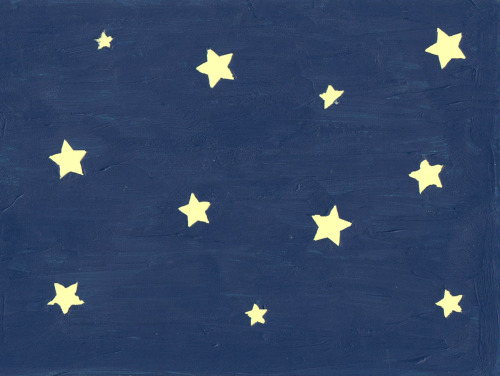
stars

Williamina Fleming, phaedra0846, (notebook), 1887 [Project PHaEDRA. John G. Wolbach Library, Harvard-Smithsonian Center for Astrophysics, Harvard University, Cambridge, MA]
Can u post pics of earth 🌍

The Blue Marble—Earth as seen by Apollo 17 in 1972
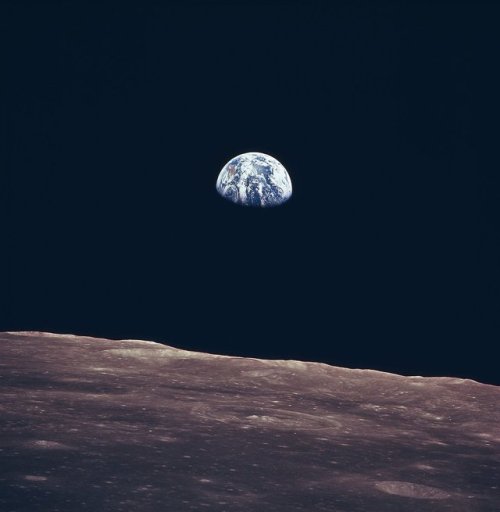
This incredible image of the Earth rise was taken during lunar orbit by the Apollo 11 mission crew in July of 1969. The first manned lunar mission, Apollo 11 launched aboard a Saturn V launch vehicle from the Kennedy Space Center, Florida on July 16, 1969 and safely returned to Earth on July 24, 1969.

This image taken by an astronaut aboard Space Shuttle mission STS-103 shows a panoramic view of Earth at moonrise.

In this rare image taken on July 19, 2013, the wide-angle camera on NASA’s Cassini spacecraft has captured Saturn’s rings and our planet Earth and its moon in the same frame.
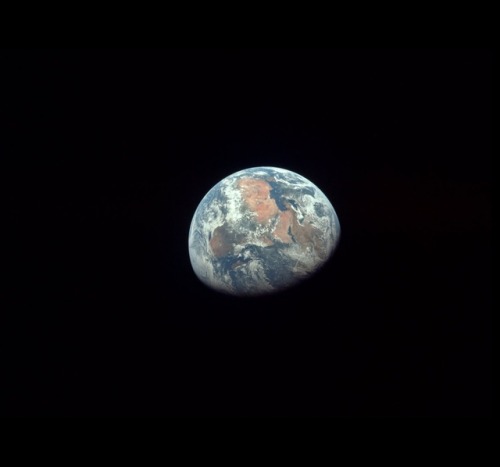
Earth as seen by Apollo 11 astronauts at the beginning of the third day of TLC

A view of the Apollo 11 lunar module “Eagle” as it returned from the surface of the moon to dock with the command module “Columbia”. A smooth mare area is visible on the Moon below and a half-illuminated Earth hangs over the horizon. The lunar module ascent stage was about 4 meters across. Command module pilot Michael Collins took this picture just before docking at 21:34:00 UT (5:34 p.m. EDT) 21 July 1969.

This panorama featuring Earth’s horizon and clouds over the South Pacific Ocean, complemented with a “tiny” distant moon (upper right), was photographed by one of the Expedition 36 crew members aboard the International Space Station.

The Sun from the Internation Space Station

images: NASA/JPL
To see more images and posts about the Earth click here.

:-P

NASA’s Most Shocking Image
This image is a 1.5… *BILLION* pixel photograph of the Andromeda Galaxy.
To view the image in all its glory go here.
NASA is the coolest thing that’s ever happened.
*winks at the sky* for the aliens

Welcome to the space age, ladies and gentlemen


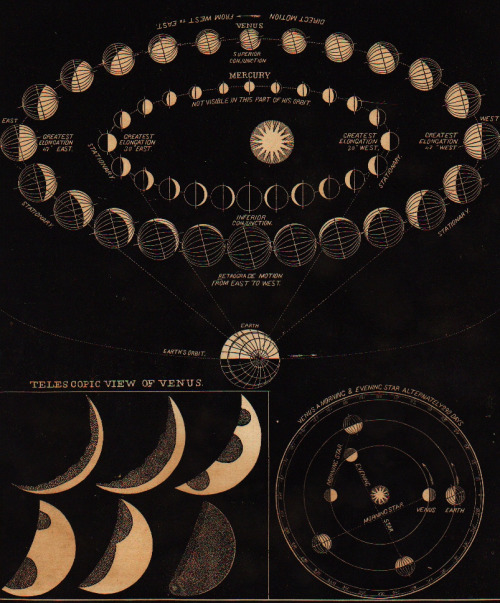
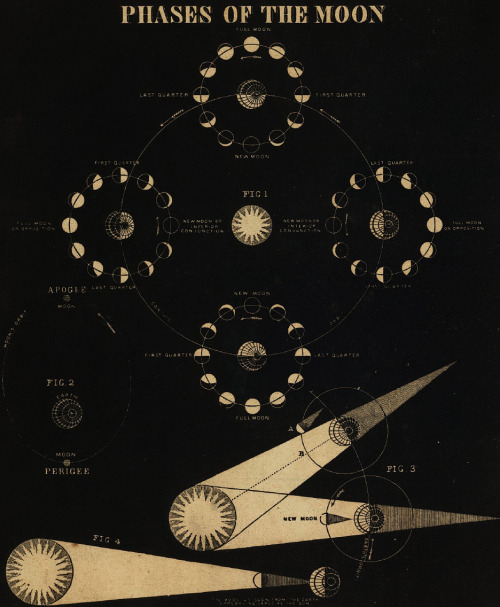
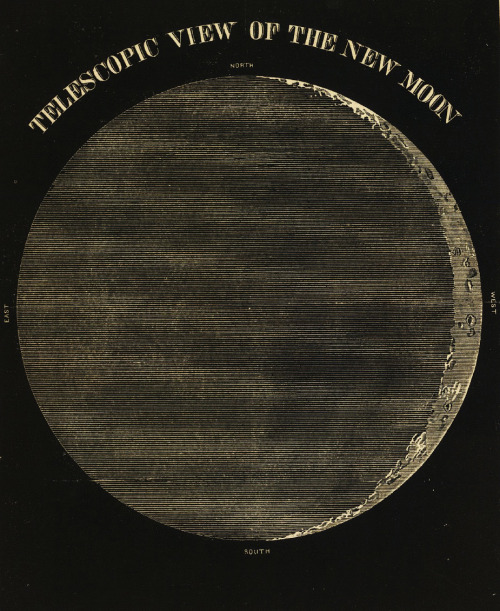
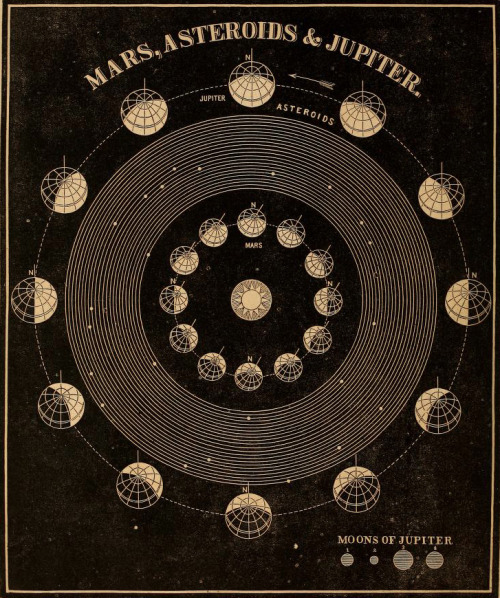
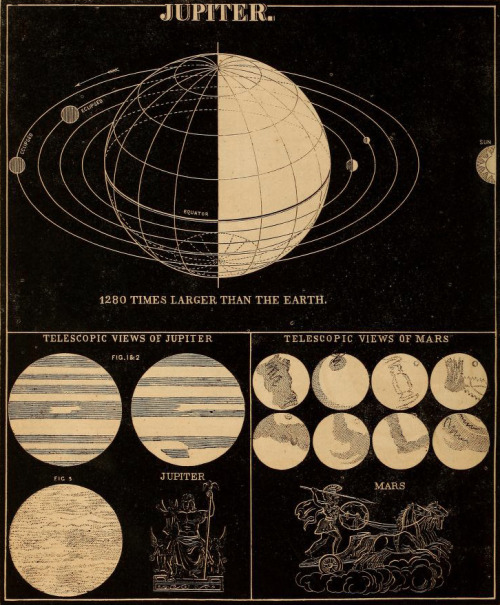
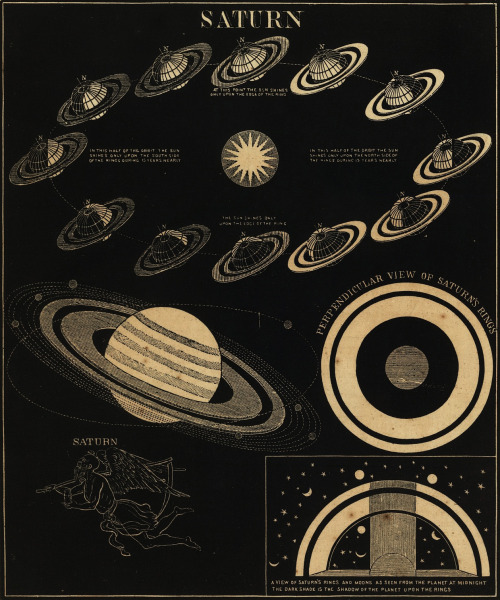
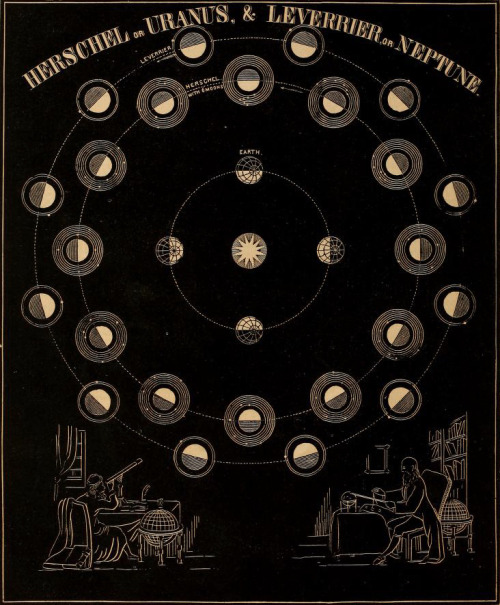
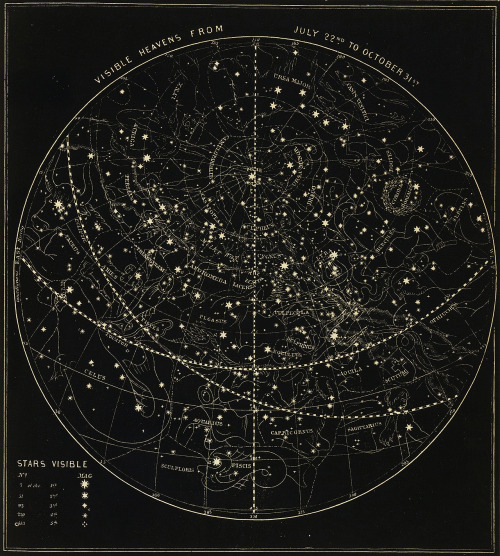
Circling the Sun
How the media depicts the Apollo 11 mission:
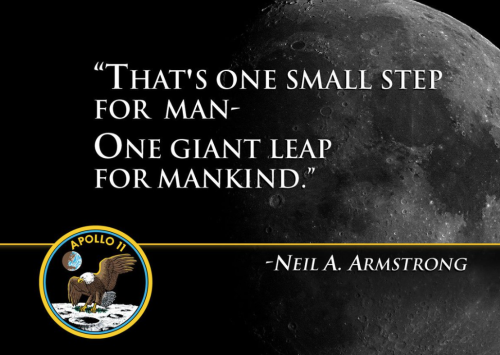
Actual quotes from the Apollo 11 mission:




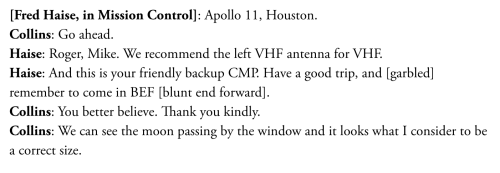
buying a pintetest-y wall hanging with twee cursive lettering that reads "this place is a message, and part of a system of messages, pay attention to it! sending this message was important to us. we considered ourselves to be a powerful culture. this place is not a place of honor, no highly-esteemed deed is commemorated here. what is here was dangerous and repulsive to us." to hang in my living room



Art Prints by Frank Moth

Australia vs Pluto
via reddit
*sees moon* *remembers outer space* nice
The Risk of Apollo: Astronauts Swap Harrowing Tales from NASA's Moon Shots

Buzz Aldrin tells a great story of how he and Neil were almost stranded on the surface of the moon because of a broken circuit breaker.
Follow this link to the video @ https://www.space.com

Saturday crafts. DIY Mir space station from Murzilka magazine (1988)
(If you actually do it, can you show me your result please? :D)

The Columbus Weekly Advocate, Kansas, May 18, 1922



Concept painting by Robert McCall of a Vulcan temple (image 1), among other things, for STAR TREK: THE MOTION PICTURE (1979).









Apollo 11 Hasselblad image from film magazine 40/S - EVA (other images) Project Apollo Archive
It wrinkles my brain that Jupiter’s moon Europa has oceans that are sixty miles deep, while Earth’s oceans only reach seven miles deep at most. I’m willing to bet good money that there’s life in Europa’s oceans. Like five bucks. You hear me, NASA? I bet you five bucks that there’s life on Europa… Now that there’s money and reputation on the line, I bet they send a mission there real quick.

From Earthrise to the black hole: astronomy’s most famous images.
Photographs from history that capture humanity’s exploration of the heavens.

20 July 1969
One of the most iconic views of Earth, taken from the Apollo 11 spacecraft as it orbited the moon. Describing the scene, the astronaut Neil Armstrong said: ‘It suddenly struck me that that tiny pea, pretty and blue, was the Earth. I put up my thumb and shut one eye, and my thumb blotted out the planet Earth. I didn’t feel like a giant. I felt very, very small’ | This caption was updated on 11 April 2019 to correct the date the picture was taken, photograph: Nasa.

21 July 1969
Buzz Aldrin, the lunar module pilot for the first moon landing, poses on the lunar surface. The footprints of the astronauts are clearly visible in the soil. Neil Armstrong took the picture with a 70mm Hasselblad lunar surface camera Photograph: American Photo Archive/Alamy

25 February 1979
This dramatic view of Jupiter’s great red spot and its surroundings was obtained by the Voyager 1 space probe
Photograph: JPL/Nasa/UIG/Getty Images

14 February 1990
Often referred to as ‘the pale blue dot’ image, this picture was taken when Voyager 1 was 4bn miles (6.4bn km) from Earth and 32 degrees above the ecliptic plane. Earth is a mere point of light, just 0.12 pixels in size when viewed from that distance. The fuzzy light is scattered sunlight because Earth was close to the sun (from the perspective of Voyager)
Photograph: JPL/Nasa

6 January 2004
The first colour image of Mars taken by the panoramic camera on the Mars Exploration Rover Spirit. It was the sharpest photograph ever taken on the surface of the planet
Photograph: JPL/Nasa/AP

25 September 2012
Called the eXtreme Deep Field, or XDF, this photo was assembled by combining 10 years of Hubble space telescope photographs taken of a patch of sky at the centre of the original Hubble Ultra Deep Field. By collecting faint light over many hours of observation, the telescope revealed thousands of galaxies, both nearby and very distant, making it the deepest image of the universe ever taken at that time
Photograph: Hubble space telescope/Nasa/ESA

24 July 2015
A combination of images captured by the New Horizons space probe, with enhanced colours to show differences in the composition and texture of Pluto’s surface
Photograph: AP

10 April 2019
The first image of a black hole, captured by the Event Horizon telescope (EHT) – a planet-scale array of eight ground-based radio telescopes forged through international collaboration. The shadow of a black hole seen here is the closest we can come to an image of the black hole itself, a completely dark object from which light cannot escape
Photograph: EHT Collaboration/UCL
so nasa opened up applications to be an astronaut and all u have to have is a degree in the “right” field like ok nasa i see how it is u think an english lit major cant go to space well then tell me whos gonna analyze homoerotic subtext in space??? i kno theres homoerotic subtext in space ive seen star wars AND star trek









